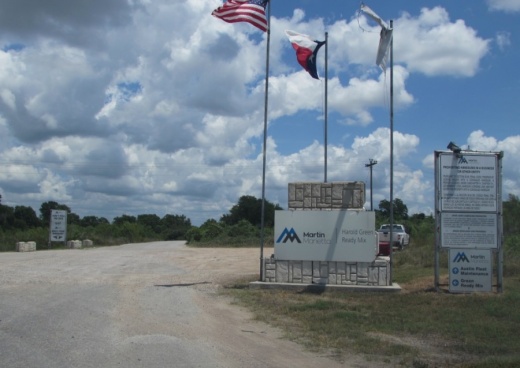According to new documents provided by county staff, Tesla’s performance-based deal with the county would offer the carmaker a 70% rebate for maintenance and operations property taxes on the first $1.1 billion it invests in Travis County with the construction of a new gigafactory in the Del Valle area. The company would receive a 75% rebate for taxes associated with the second “incremental billion,” and 80% once $2 billion of investment is exceeded.
Originally, Tesla requested an 80% rebate for the first 10 years in Travis County, and 65% for the subsequent 10 years. County staff said in the documents they believe the new proposed structure will encourage greater investment from the company.
Because the deal would be performance-based, Tesla could lose out on a portion of the tax breaks offered if it fails to hold up its end of the bargain. The company would be required to hire Travis County residents for at least 50% of its workforce and pay all employees a minimum wage of $15 per hour.
Tesla has also agreed that it would apply an annual escalator to increase that minimum wage over time in proportion to the Consumer Price Index, according to county documents.
The updated plans also say Tesla will implement an Owner Controlled Insurance program to protect against accidents and injuries during the factory's construction, and strive to work with the Austin Green Building Program to earn a zero emission energy rating.
However, the plan as currently detailed does not include a requirement for Tesla to adhere to Travis County’s Better Builder Program Standards, which has been a sticking point for area labor organizations. Tesla will, according to the county, create its own Historically Underutilized Business program in its construction and procurement processes that will draw on Travis County’s own programs for guidance.
“While the language in the contract remains largely based on ‘good-faith’ efforts, the hiring of [local contracting consultant] Cloteal Haynes by Tesla to develop the program’s parameters is an indication of a serious commitment to a substantive program,” staff said in county documents.
The plan outlines a number of benefits for Travis County. The county estimates a net tax revenue benefit of $8.8 million over the first 10 years of its agreement with Tesla, and Tesla will also commit 10% of its pre-incentive tax liability to community nonprofits and schools. The company would also be required to invest in supportive infrastructure around the identified factory site at the corner of Hwy. 130 and Harold Green Road.
“Travis County had as its goal creating a long-term philanthropic partnership with Tesla, not just a transactional agreement to be reviewed once a year,” county documents read.
If Travis County commissioners vote to approve the incentives agreement on Tuesday, as staff have recommended, Tesla will still be left with the final decision on whether to choose Southeastern Travis County as its next factory site. The company is also considering a site near Tulsa, Okla.
Del Valle ISD, the school district that would earn tax revenue from Tesla should it choose Travis County, approved its own $46.4 million tax incentive deal for the company at a July 9 meeting. Along with Travis County’s proposed deal, Tesla representatives said tax abatements from DVISD were a prerequisite for developing in the county.
Editor's note: The original story was updated July 11 at 8:20 a.m. to clarify that Tesla would receive rebates on its taxes paid to Travis County, not on its total investment amount.





